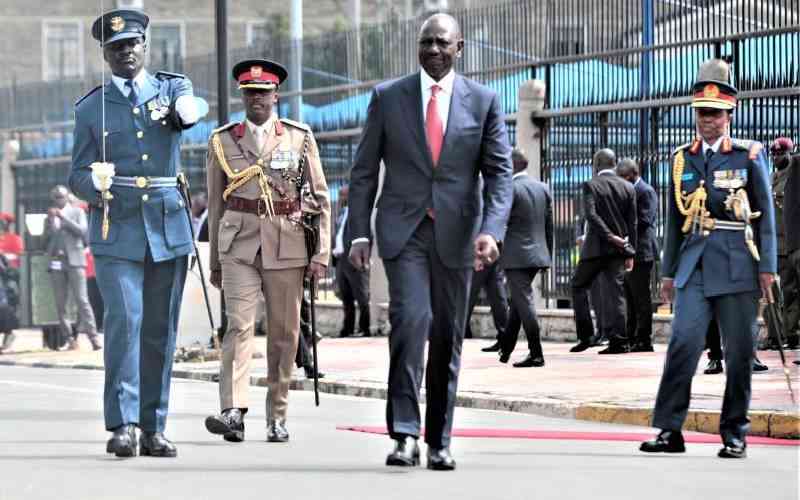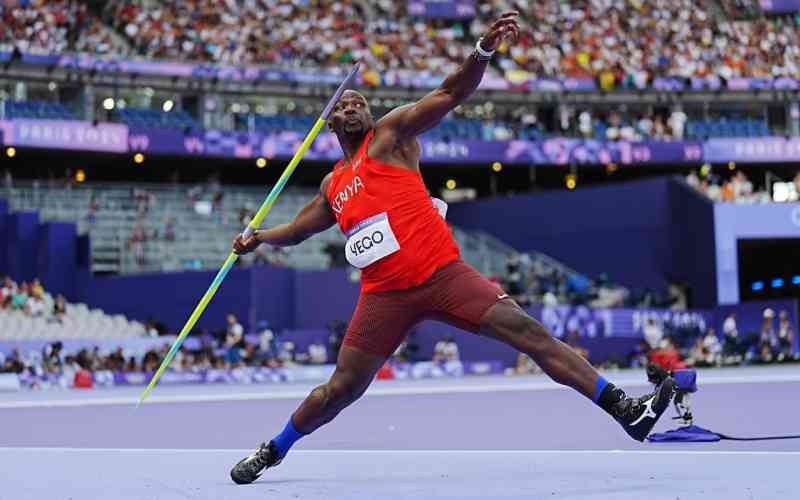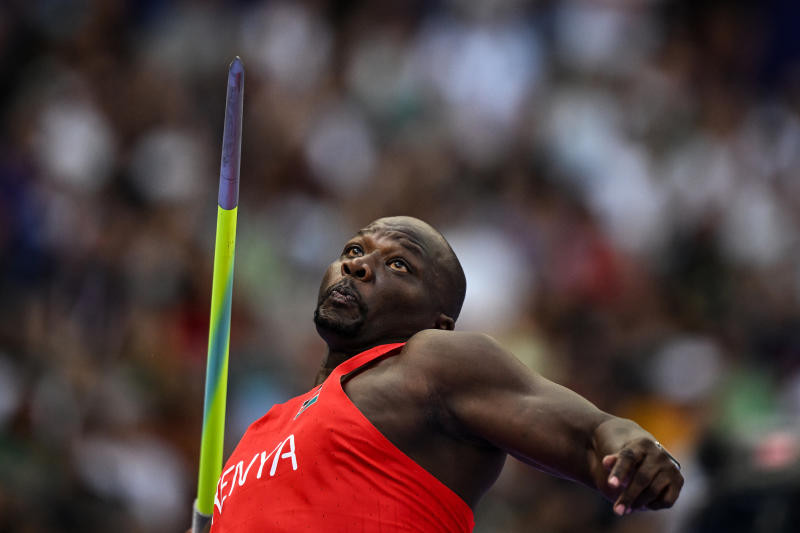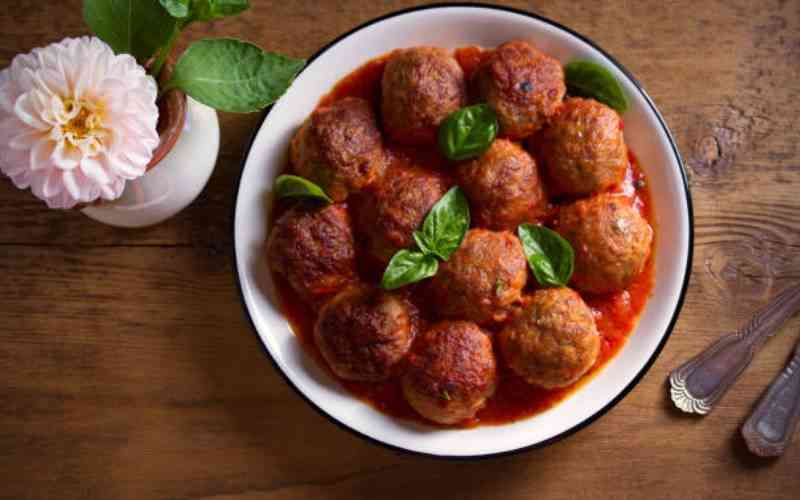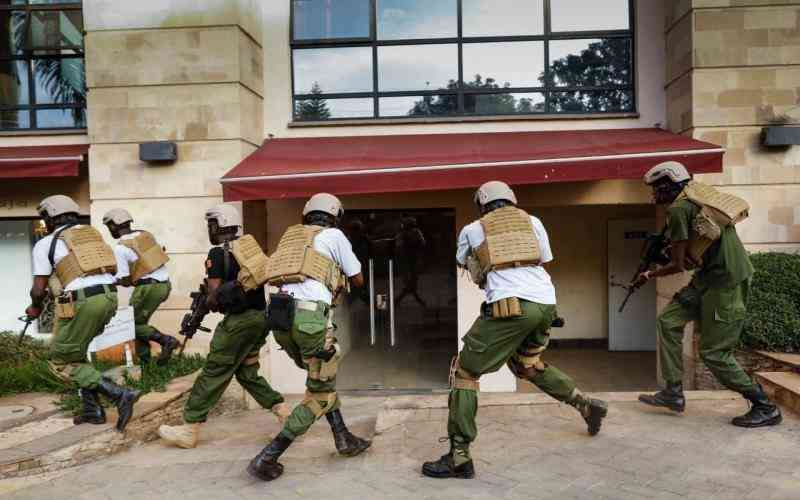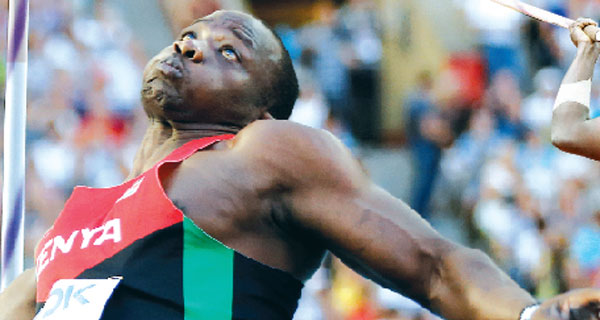 |
|
Athlete Julius Yego in action. |
By Machua Koinange
The number four has a special resonance with Youtube athlete Julius Yego Kiplagat. It seems to annoyingly stalk him in his athletics career.
Ranked as the fourth best javelin thrower in the world after the recently concluded 2013 IAAF World Championships in Moscow, Yego — the Kenya team captain — has now set his eyes on Rio.
This time he wants to be on the podium.
Yego had one hand around a bronze medal at the Moscow games. He was one throw away from picking the medal and kissing the number four goodbye before Russian athlete Dtmitri Tarabin stunned Kenyans with an astonishing throw to pip Yego into fourth position yet again. It was a heartbreaking moment.
Yego has been in that position before at several meets across Europe. “I woke up the day after the championships to read hundreds of messages of support from my supporters across the world. But you know everything happens for a reason. I know God has a reason why it ended that way.”
It sounds modest from a former wannabe 10,000m runner who grew up in the cradle of long distance athletes. Yego turned to javelin almost by accident. Today, he is celebrated in a field Kenya never dreamt of collecting any medals.
His life has also changed. He draws stares everywhere he goes. Besides being rhapsodised on a television commercial for Orange, he is also on the grand prix circuit in Europe competing in Javelin.
One week he is in Budapest, the next he is in Beijing, Berlin, Prague and Shanghai. It’s a far cry, new fast paced life for the former herds boy born on January 4,1989 and who grew up in Cheptonon village, Tinderet area of Nandi County.
Wooden sticks
The fourth in a family of eight, Yego’s father, Wilfred Sugut, was a farmer and a strict disciplinarian who wanted his children to excel academically. His mother, Theresa, provided the maternal support for the young boy who grew up attending to his father’s cows and working the maize and sugar farm.
“While looking after the cows, I would cut long wooden sticks and throw them. My interest in javelin grew from there,” Yego reveals.” I attended Kiguskong Primary School.”
Under the monotonous rant of mooing cows, Yego worked on the perfect throw. He first tried his hand at 10,000m running while in standard three but did not like it after he was lapped by the winner and runner up. But his elder brother, Henry Kiprono, competed in Javelin in a different school and was winning.
Yego had the audacity to challenge him. So he got into Javelin just to compete with him. His new forte has since manifested into a career.
Still, Yego had his limitations. He had a small body. With his short height he could not go far in Javelin competitions. So he switched to his brother Kiprono’s Soba River Primary School and watched other boys competing.
Stay informed. Subscribe to our newsletter
“I would watch them and feel I could throw as well as they could.”
At his first competition in inter divisional level, Yego had his first encounter with the number four. He was placed fourth in the primary school competitions. The following year he improved and won, managing to even beat his brother Kiprono.
Yet it was a delicate balancing act for Yego and Kiprono because their father, Sugut, wanted them to focus on school work instead of just sports. “My father was very strict on education. He would tell us, lazima nyinyi musome hata nyinyi muonekane ni watoto wa wale wamesoma (You must all read so that you can be seen to be children of those who have read).
But it was in 2004 while in form two at Kapsabet Boys High School that he elevated his game when he first competed in javelin at zonal and later national level in Meru. “I became number four, so this number has followed me everywhere.”
Yego threw 56 metres, impressive for a young man with no training or coach. But he felt a surge of optimism and now set his sights on breaking the national record which stood at 67.43 set in 1987.
With the senior Javelin that he was using, Yego managed a personal best of 64 metres, still shy of the national record. But he was using running spikes to throw as opposed to proper throwing spikes. He was also competing for the first time on tartan track which he was not accustomed to.
National record
However, that personal best earned him qualification to the youth championships which he did not travel to – javelin was not considered worthy to spend an air ticket for by local organisers.
Undeterred, he picked himself up and went back to the drawing board. He returned in 2006 more determined. “The nationals were held in Mangu School. I broke the national record throwing 71 metres. For me it came naturally.”
Yego received accolades and serious advise; that his accomplishment was enough to represent the country abroad. He had no contacts or people who could help him advance his talent. It was very frustrating.“The school in appreciation made me a shield celebrating my achievement.”
But a school mate who was always smart in class told him he wished he could have his body. “He told me you have the talent that can take you far instead of struggling with books.”
Those words challenged Yego. Yego’s goal was to proceed to University after form four. He attained a B plain, just slightly shy of the cut off of B+. But he remembers his father’s words and his insistence of good education. “So I considered repeating form four so that I could attain enough points to join university.”
With the prospects of repeating and the desire to please his father, Yego’s athletic career grounded to a complete halt.
 The Standard Group Plc is a
multi-media organization with investments in media platforms spanning newspaper
print operations, television, radio broadcasting, digital and online services. The
Standard Group is recognized as a leading multi-media house in Kenya with a key
influence in matters of national and international interest.
The Standard Group Plc is a
multi-media organization with investments in media platforms spanning newspaper
print operations, television, radio broadcasting, digital and online services. The
Standard Group is recognized as a leading multi-media house in Kenya with a key
influence in matters of national and international interest.
 The Standard Group Plc is a
multi-media organization with investments in media platforms spanning newspaper
print operations, television, radio broadcasting, digital and online services. The
Standard Group is recognized as a leading multi-media house in Kenya with a key
influence in matters of national and international interest.
The Standard Group Plc is a
multi-media organization with investments in media platforms spanning newspaper
print operations, television, radio broadcasting, digital and online services. The
Standard Group is recognized as a leading multi-media house in Kenya with a key
influence in matters of national and international interest.



